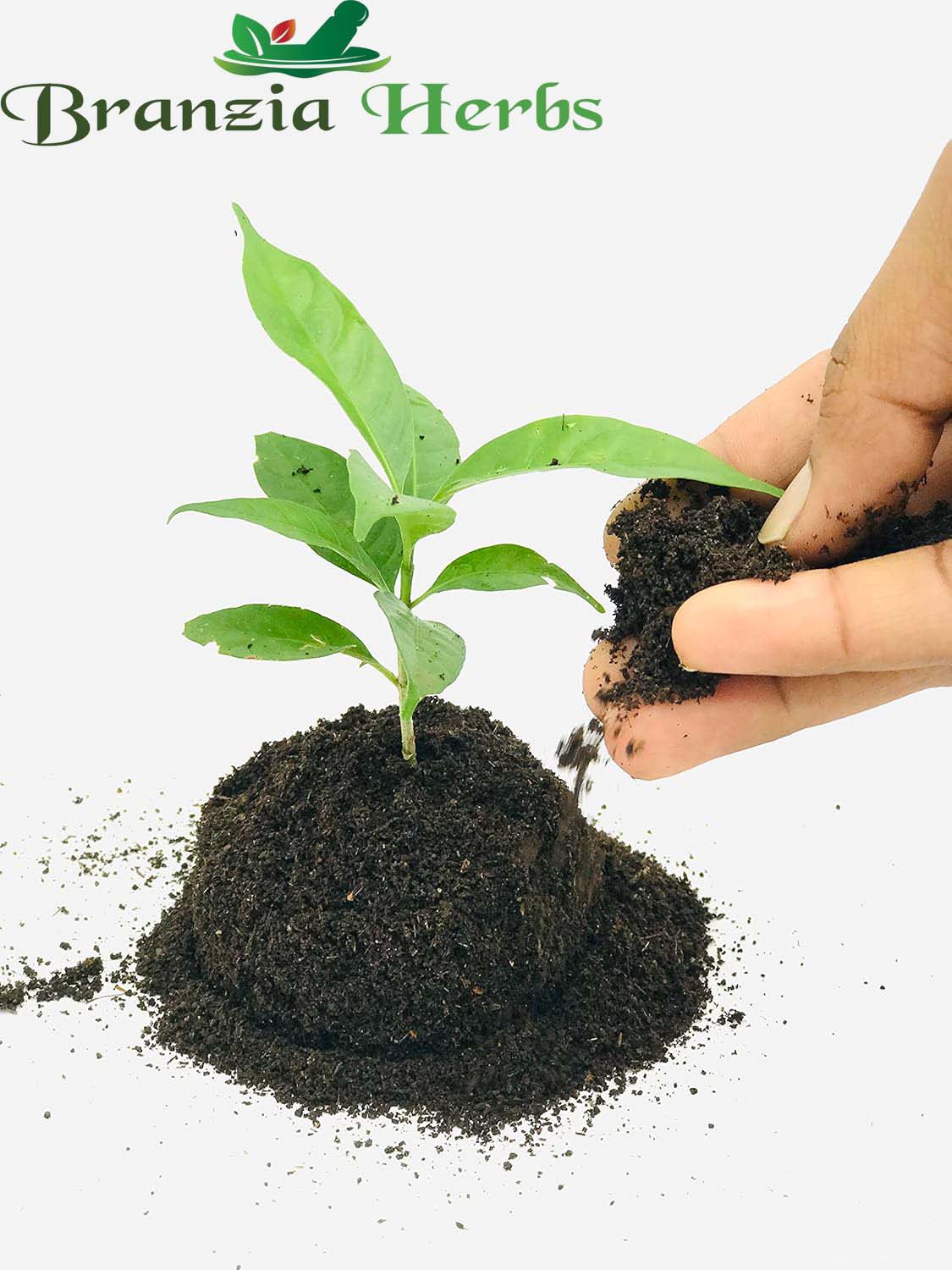Red Onion Seeds are used to grow red onions, which are prized for their vibrant color, pungent flavor, and versatility in cooking. Here’s a detailed guide to help you grow red onions successfully:
Characteristics of Red Onions:
-
Appearance: Red onions are known for their deep red to purple skin and white to pale pink flesh. They have a slightly sweeter flavor compared to yellow onions.
-
Flavor and Texture: Red onions have a sharp, tangy taste that becomes milder and sweeter when cooked. They add color and flavor to salads, salsas, and various dishes.
Growing Tips:
-
Climate: Red onions grow best in cool to moderate climates. They need a growing season of about 100-120 days, with temperatures ideally between 55-75°F (13-24°C). They can be grown in both spring and fall, depending on your region.
-
Soil: Prefers well-drained, fertile soil with a pH of 6.0 to 7.0. Adding compost or well-rotted manure will improve soil fertility and drainage.
-
Spacing: Space seeds about 1 inch apart in rows, with rows spaced 12-18 inches apart. Thin seedlings to about 4-6 inches apart once they are large enough to handle.
-
Watering: Keep the soil consistently moist but not waterlogged. Red onions need regular watering, especially during dry periods, to ensure proper bulb development.
-
Fertilization: Use a balanced fertilizer or one high in phosphorus and potassium to support bulb growth. Avoid excessive nitrogen, which can lead to more leaf growth rather than bulb development.
Uses:
-
Raw: Red onions are commonly used in salads, sandwiches, and salsas. Their vibrant color and crisp texture make them a popular choice for raw preparations.
-
Cooked: When cooked, red onions become sweeter and less pungent. They are excellent in stir-fries, sautés, roasts, and as toppings for various dishes.
-
Pickled: Red onions can be pickled to add a tangy, colorful element to salads and sandwiches.
Benefits:
-
Nutritional Value: Red onions are rich in vitamins (such as Vitamin C), minerals (like potassium and calcium), and antioxidants (including quercetin and anthocyanins). They provide dietary fiber and are low in calories.
-
Health Benefits: Known for their potential health benefits, including anti-inflammatory properties, cardiovascular health support, and immune system boosting.
Additional Tips:
-
Harvesting: Red onions are typically ready to harvest when the tops begin to fall over and dry out. This usually occurs when the bulbs reach a desired size, typically 3-4 months after planting. Lift the bulbs carefully and allow them to cure in a dry, warm location for a few weeks before storing.
-
Pest and Disease Management: Watch out for pests like onion flies and diseases such as downy mildew. Maintaining good garden hygiene and rotating crops can help manage these issues.
Red Onion Seeds offer a great opportunity to grow a flavorful and colorful vegetable that enhances a variety of dishes. With proper care, you can enjoy a bountiful harvest of red onions that will add both taste and nutritional value to your meals.







